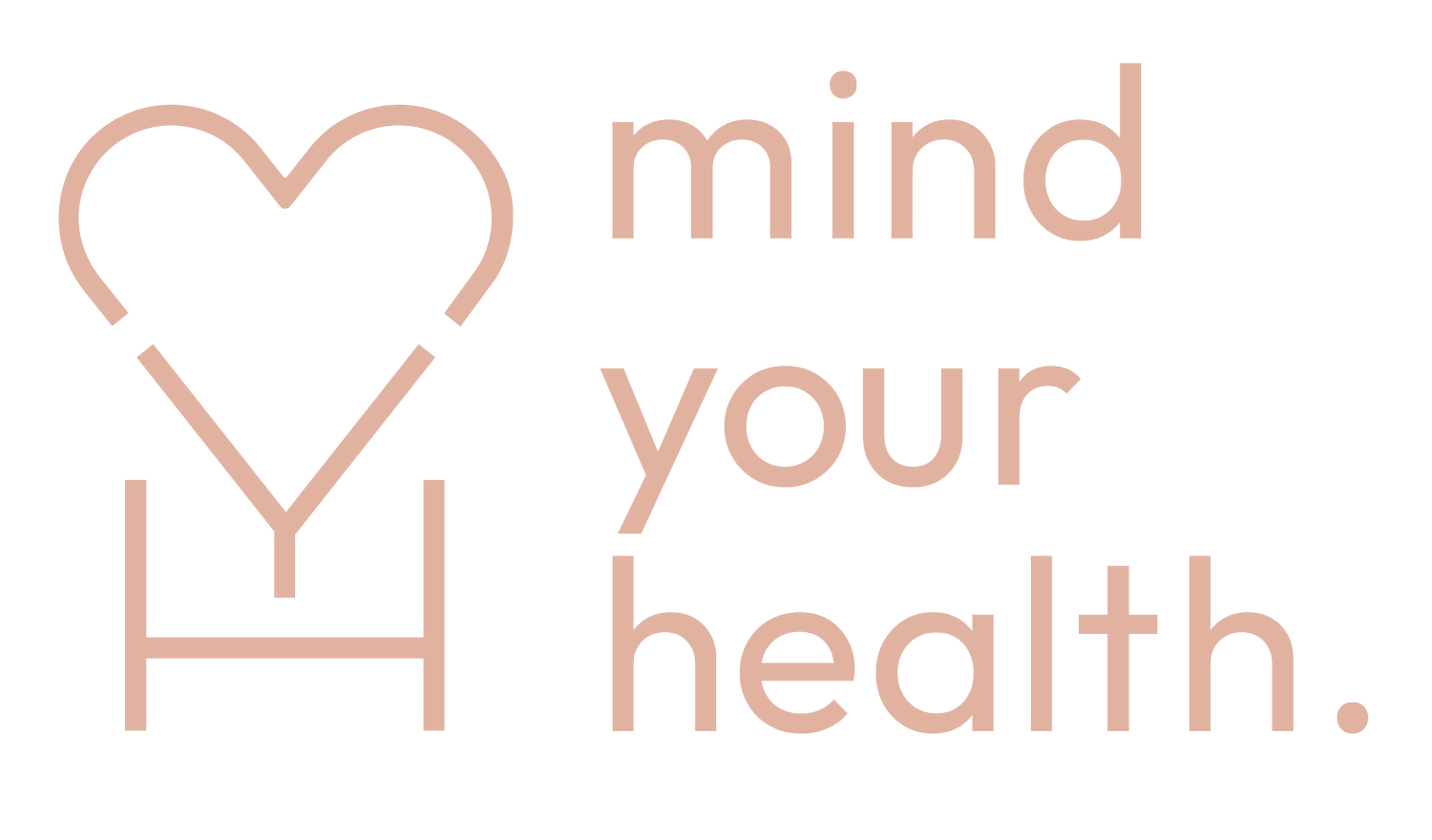Perimenopause & menopause
Female hormones oestrogen, testosterone and progesterone are neurotransmitters that work in many areas of our brains, as well as elsewhere in our bodies. When levels start to decrease it can lead to a range of cognitive symptoms such as anxiety, low mood, increased stress levels, brain fog and disturbed sleep.
Our joints have oestrogen receptors, and woman can find these suddenly become painful and stiff, making it more difficult to exercise. This can lead to weight gain, and along with declining testosterone levels can experience muscle loss and strength. Other symptoms can include hot flashes, cold flashes, and night sweats.
CBH emphasises the connection between thoughts, emotions and physical sensations, using sensory reframing individuals can learn to reinterpret bodily sensations, or the intensity from the perception. CBH teaches relaxation and stress management techniques that can help manage both psychological and physical symptoms. Sleep improvement techniques can promote better sleep by addressing disturbances which are common during this stage of life. CBH can facilitate acceptance of the changes associated with perimenopause and menopause, helping individuals adapt to the new phase of life.
The Louise Newson podcast provides evidence-based information about the latest research and treatments on HRT, diet, and exercise. The Balance App can also be used to track and chart symptoms which can be used as part of a discussion with your GP.
For a full list of possible techniques and interventions, see our about page.
“Whilst the physical symptoms of the menopause are well-known and often discussed, the mental health impact is often ignored, having a deeply negative effect on work, relationships, and finances as a result.”
Dr Louise Newson (Newson Health Clinic)

